You are viewing a clip of this video, click to Join. Members, click to Log in.
|
|
||||
When you sign up for Storylogue, you will also enjoy:
Can you explain the core event and the core emotion in the epic?
Aug 24, 2014
What is the purpose of jumping back and forth between multiple storylines within a feature film or TV episode?
Aug 17, 2014
What characterizes a sado-masochistic relationship?
Aug 16, 2014
Do you have any tips for writing a treatment that really sells?
Aug 10, 2014
How does writing an episode for a procedural crime show differ from writing a feature film thriller?
Jul 31, 2014
What's the best way to pitch a new story for television? Should I prepare a full script?
Jul 29, 2014
Do I have to be able to tell a story well verbally in order to be a good storyteller in my writing?
Jul 28, 2014
 Now Playing
Now Playing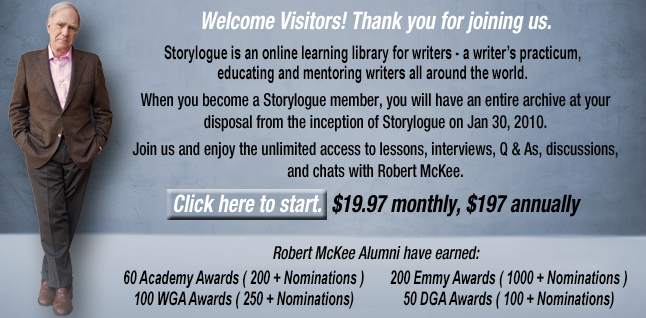
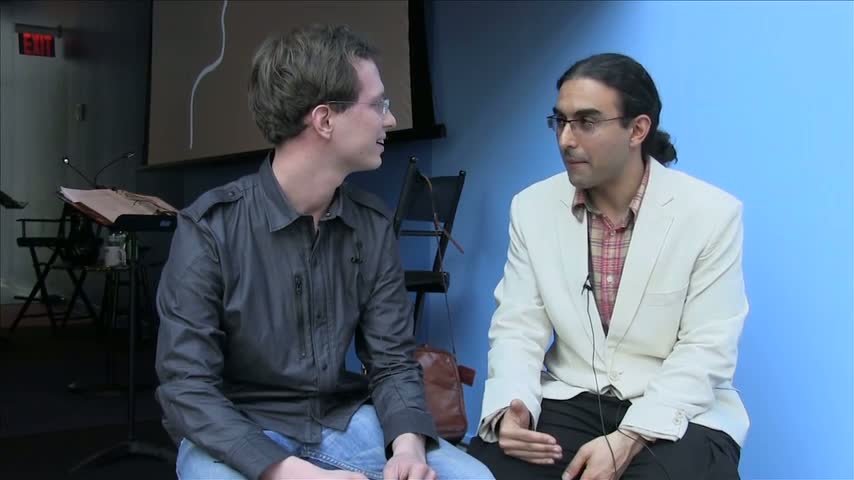
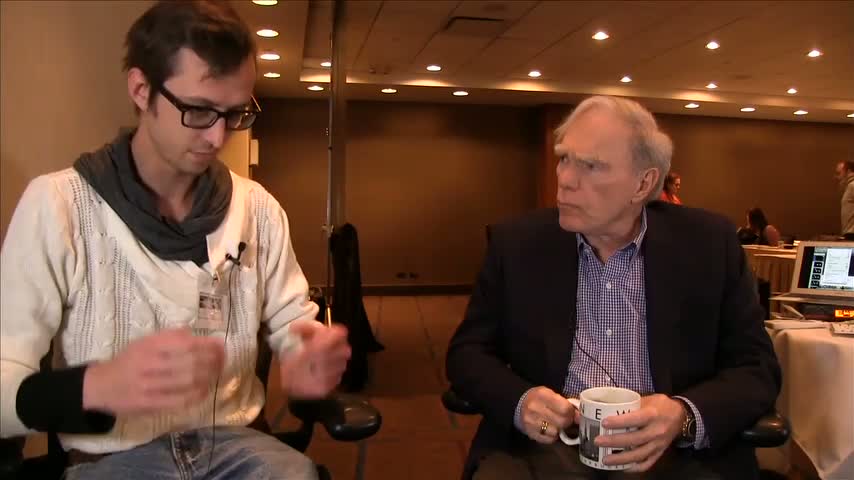
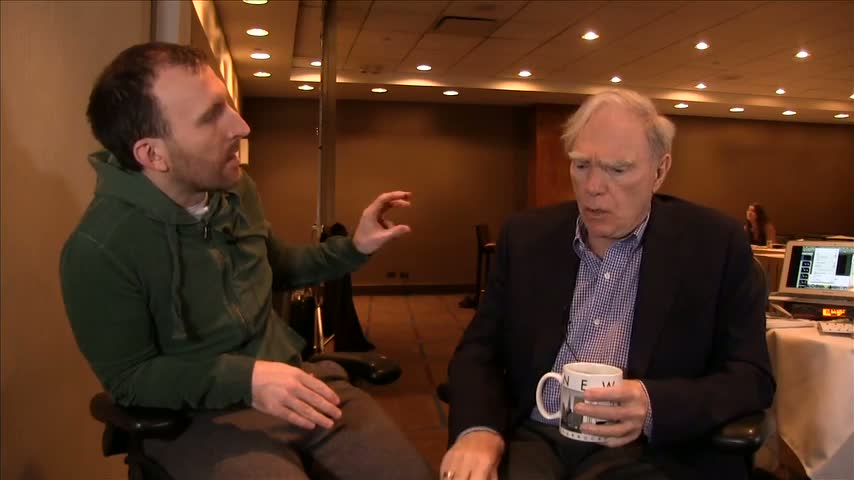
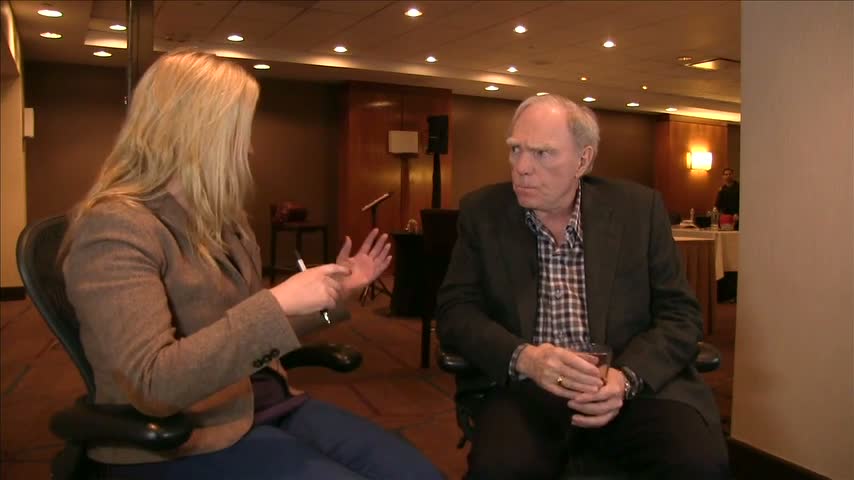
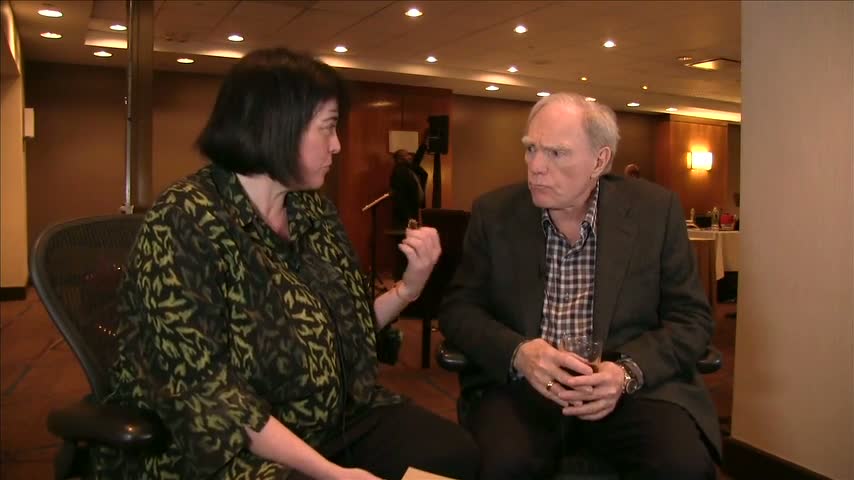
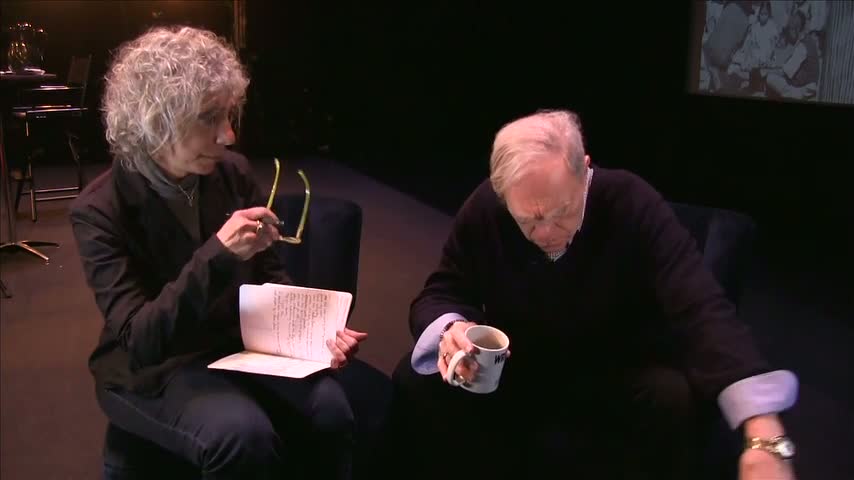
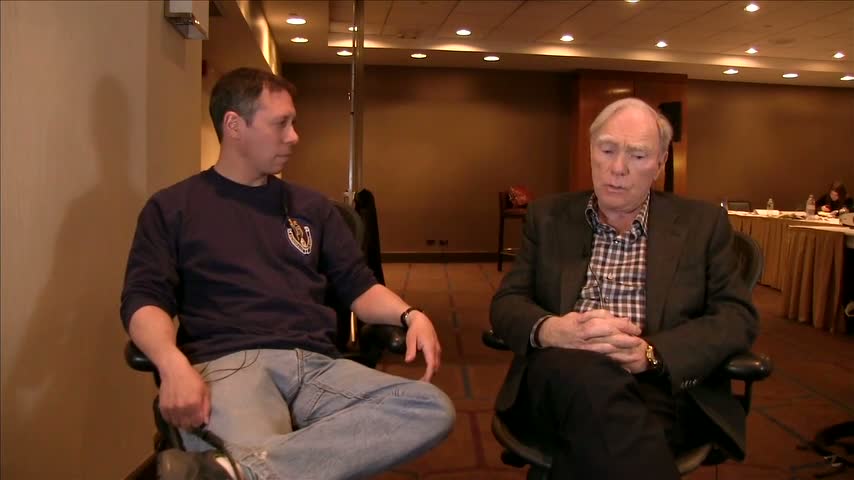
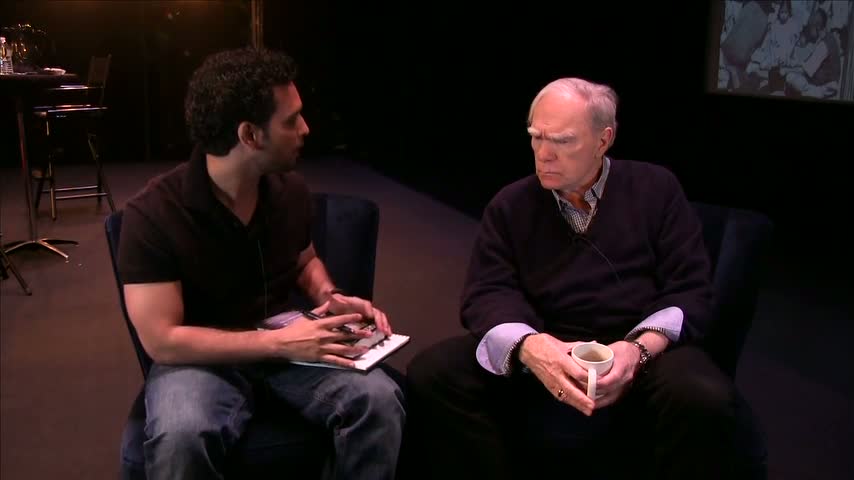
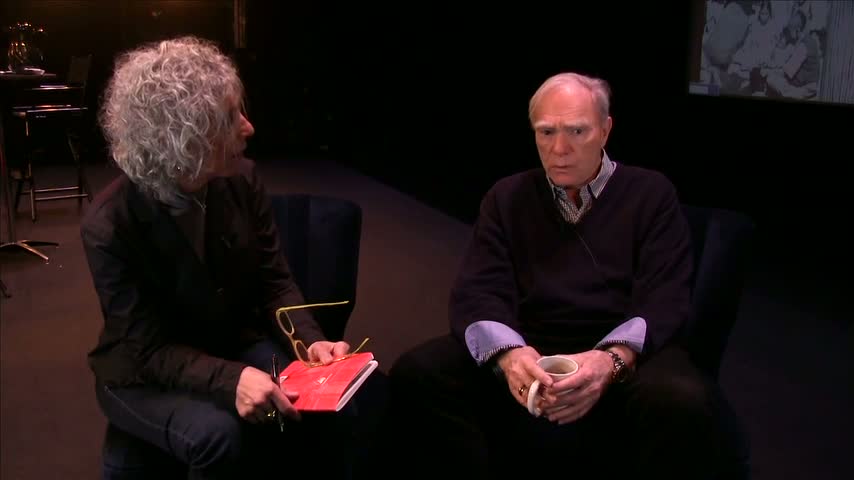
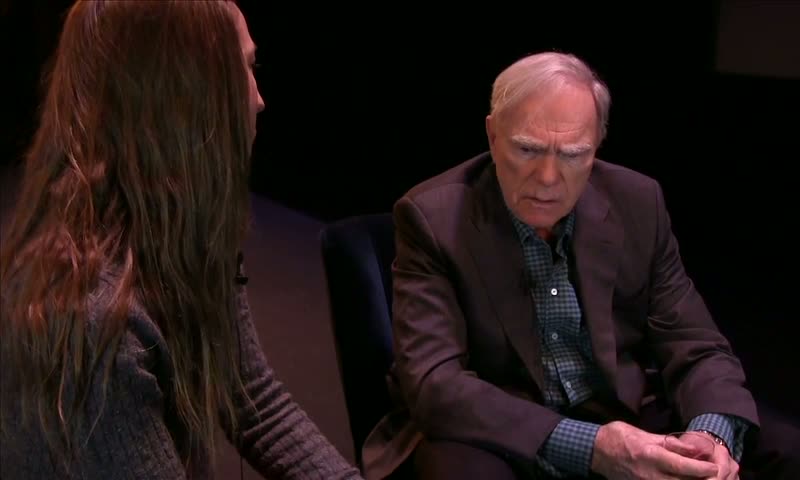
 Requires
Requires
But the need to feel like we have free will is very clear-- we take more ownership of our actions and remember things better if we feel we are making choices. Even knowing and believing this, however, I still feel like I'm deciding what to type to you right now. Daniel Wegner, whose arguments I'm paraphrasing and who is at the top of the academic ‘free will field’, says that if understanding that you don't have free would cause you to feel you don’t have free will, then he should feel like a robot. He doesn’t.
Long intro, but what I think is interesting about this topic, related to film, is that so many of my favorite films focus on free will over determinism as their topic and conclude that, indeed, against all odds we must have free will. The Matrix series was all about it, and the classic up-ending film is-- in my opinion-- a protagonist struggling against what should be insurmountable odds to gain their object of desire via force of will (Rocky, LOTR, Gravity, Avengers, Shawshank...). The story of free will against all odds is the childhood fairy tale that we want to believe - The Little Engine that Could. I submit that we’re not at risk of losing that very human belief because of something as silly as ‘understanding’.
Thanks for the provocation.
And I grant that may be a good thing...